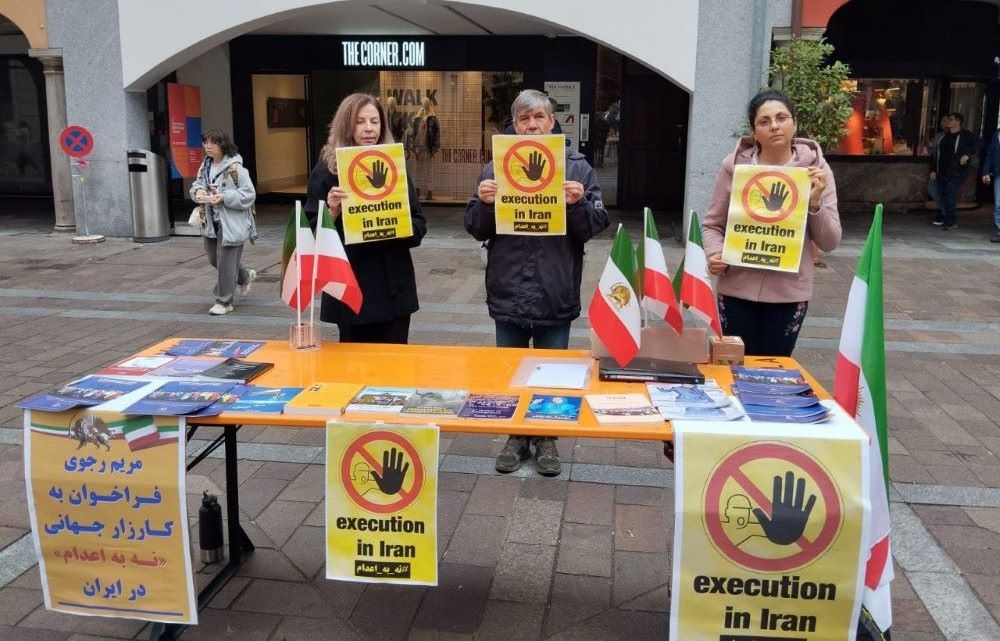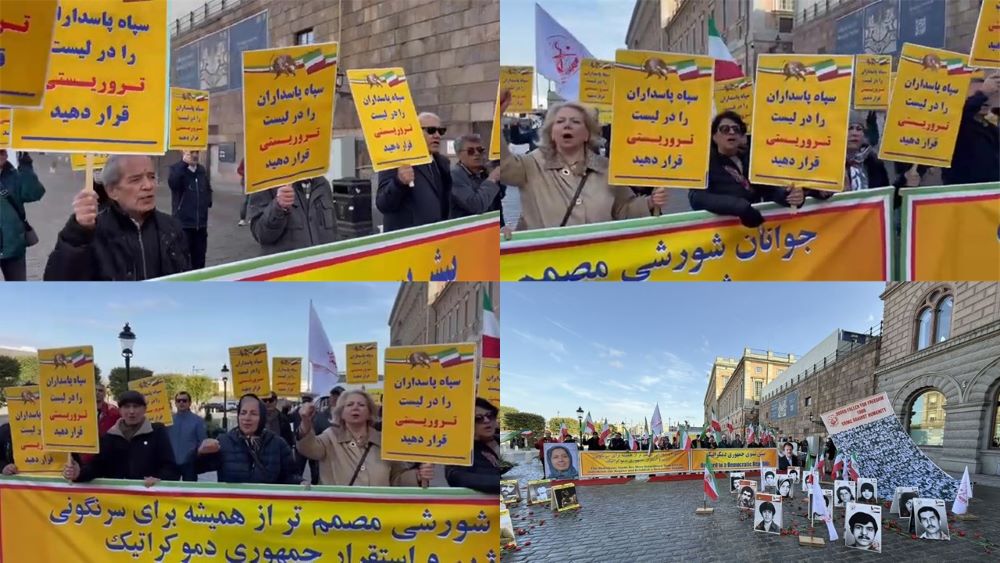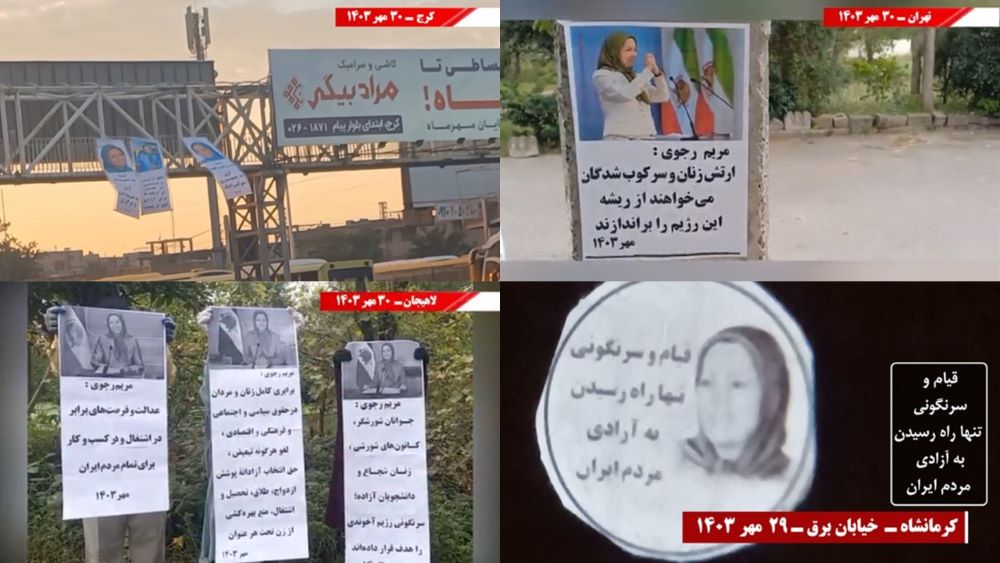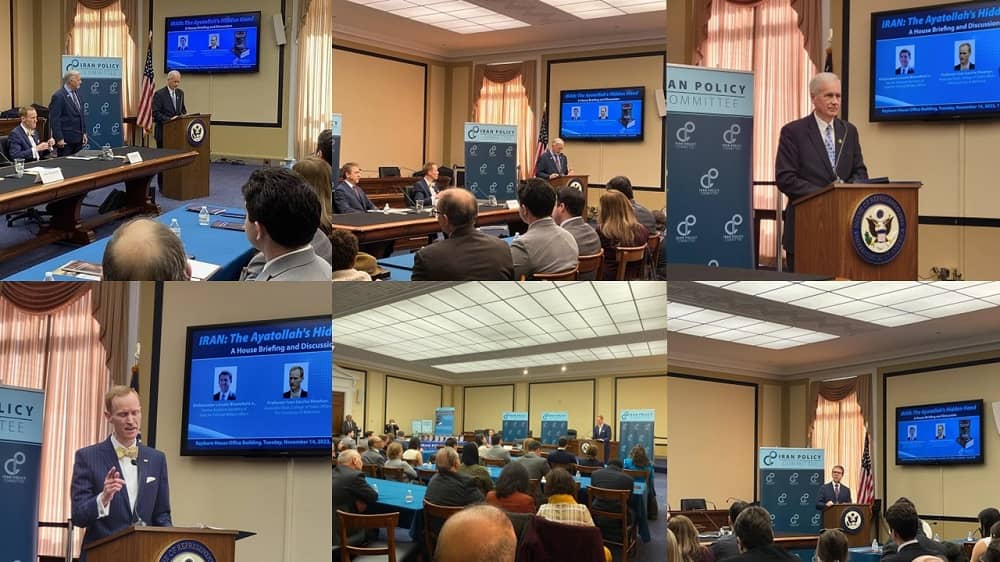
On the notable date of November 14, 2023, Capitol Hill served as the backdrop for a pivotal Congressional briefing, strategically convened to delve deeply into the covert influence operations of Iran. This exploration extended both beyond its borders, including the United States, and within the nation, all intricately devised to fortify the existence of the terrorist regime reigning in Tehran.
— OIAC: Organization of Iranian American Communities (@OrgIAC) November 14, 2023
The primary architects of this critical discourse were Ambassador Lincoln Bloomfield, Jr., the former Assistant Secretary of State for Political-Military Affairs, and Professor Ivan Sascha Sheehan, the Associate Dean of the College of Public Affairs at The University of Baltimore. Collaboratively, they unveiled their groundbreaking report entitled “IRAN: The Ayatollah’s Hidden Hand.”
The core objective of the Congressional briefing was to unravel the multifaceted layers of Iran’s covert strategies. This entailed providing a nuanced understanding of the regime’s external influence initiatives and internal stratagems meticulously crafted to uphold the status quo.
Among the distinguished speakers at the briefing, US Representative Tom McClintock delivered a poignant address, shedding light on the Iranian regime’s systematic endeavors to shape American public opinion through the dissemination of false narratives, concealing atrocities, and extracting concessions from successive administrations. Representative McClintock underscored the imperative to grasp the regime’s manipulation of media channels, academic institutions, and diplomatic relationships.
Congressman Tom McClintock, "Hamas and Hezbollah are proxies for the Iranian regime." pic.twitter.com/jCCkdnchox
— Iran Policy Committee (@IPC_US) November 14, 2023
Adding to the urgency, US House Representative Randy Weber expressed concern over the looming threat posed by the Iranian regime in both European and American contexts. Criticizing what he perceived as the State Department’s leniency, Weber advocated for a strategic shift, urging a more focused approach toward supporting opposition parties like the MEK. He emphasized the need to transcend the historical context of 1979, calling for an acknowledgment of the evolving geopolitical landscape and Tehran’s adept manipulation of tensions with opposition groups to sustain its grip on power.
#Texas Congressman @TXRandy14 addresses Congressional Briefing on Iran’s influence operation and calls for a firm US policy towards #Iran. @RepMcCaul pic.twitter.com/TlsFsHw7ab
— OIAC: Organization of Iranian American Communities (@OrgIAC) November 14, 2023
During the briefing, Ambassador Bloomfield took center stage, emphasizing the role of the Iranian regime’s machinery of deception in contributing to the prevailing global crisis, especially within the ongoing Middle East conflict. He questioned the credibility of information emanating from Washington concerning recent attacks, expressing skepticism about the regime’s leadership’s purported lack of awareness.
Ambassador Bloomfield said, “The Iranian regime has always lied when confronted with its crimes. They lied to the UN envoy who tried to investigate the 1988 massacre. They lied about the nuclear program when European and American negotiators after it was divulged by people in this room, by the way, that there was a secret enrichment program in 2002, negotiations began. The Iranians later bragged about lying to the negotiators… The regime pressed foreign capitals to suppress the MEK, to label them as terrorists. The United States government did so in 1997 as a political gesture. We’ve heard over and over again, there was never any iota of terrorism by the MEK, and there were four major court cases that demonstrated that.”
Citing Tehran’s need for regional warmongering, Ambassador Bloomfield added, “For the regime, the only pillar keeping it in power is this fiction that they still have a revolution, that they’re still headed for Quds, for Jerusalem. This is all they have left. How do you keep the foot soldiers of the Revolutionary Guards (IRGC), the Quds Force, the MOIS, the Justice Ministry, how do you keep them loyal?”
"We need a national policy on Iran."
Ambassador Bloomfield during the House briefing and the introduction of IPC's new book, IRAN: The Ayatollah's Hidden Hand. pic.twitter.com/6ekc7kEF1v
— Iran Policy Committee (@IPC_US) November 14, 2023
Professor Sheehan contributed to the discourse by highlighting a recent assault on Professor Alejo Vidal-Quadras, President of the International Committee in Search of Justice. This attack, seemingly an assassination attempt, resonated with Sheehan’s broader narrative of the Iranian regime’s efforts to stifle pro-democracy voices. Drawing attention to his book, “IRAN: The Ayatollah’s Hidden Hand,” Sheehan provided insights into the Iranian regime’s systematic attempts to silence dissent and influence global perceptions.
"In this book, I help to contextualize the disinformation peddled through an intricate network of Iranian operatives and how these influence operations undermine the organized resistance and U.S. national security."
Professor Sheehan. pic.twitter.com/yPUa3hDNua
— Iran Policy Committee (@IPC_US) November 14, 2023
In particular, Professor Sheehan delved into the Iran Experts Initiative (IEI) as discussed in his book, portraying it as a vehicle for fostering misleading impressions about the Iranian people. He argued that the initiative aimed to downplay the genuine desires for civil and human rights in Iran, presenting them as mere episodes of everyday life rather than indicative of a broader yearning for transformative change.
Professor Sheehan said, “Those of us who study terrorist organizations and their state sponsors know that these entities are rarely creative in their use of violence. Murder-for-hire schemes, kidnapping attempts, and assassination plots have been ordered by Iranian authorities right here in Washington and all over Europe.”
Introduction to our organization's new book in Congress today, IRAN: The Ayatollah's Hidden Hand. pic.twitter.com/Sn1Y1Ha5Ow
— Iran Policy Committee (@IPC_US) November 14, 2023
Citing his book “IRAN: The Ayatollah’s Hidden Hand” Professor Sheehan added, “The book we are releasing today pulls back the curtain on the Iranian regime’s efforts to silence its pro-democracy foes and to intimidate the United States. These influence operations help to explain why U.S. officials are faced with this false dichotomy of military intervention on the one hand and unending diplomatic engagement grounded in appeasement on the other. This is not an accurate reflection of the options available to policymakers in this city. In this book, I help contextualize the disinformation peddled through an intricate network of Iranian operatives and how these influence operations undermine the organized resistance at home while influencing perceptions of them around the world.
“In part one of the book, I examine how the Iran Experts Initiative, the IEI, was rolled out to foster misleading impressions and promote the notion that the Iranian people are little more than compulsive protesters, compulsive demonstrators, and that the cries for civil and human rights on the Iranian street are nothing more than a normal part of everyday life and not an indication of an overarching desire for change.”
For those seeking a comprehensive understanding of the insights presented by these distinguished speakers, the complete speeches from the Congressional briefing can be accessed by following video.

